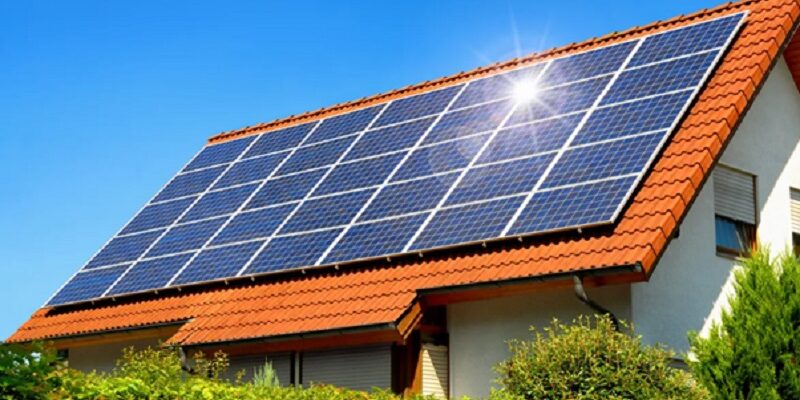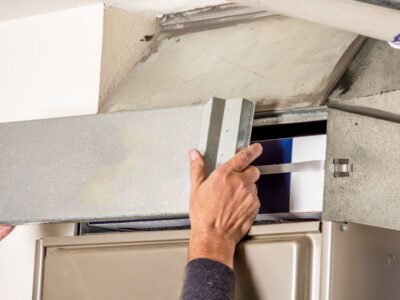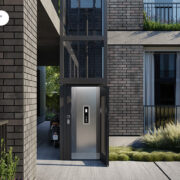The world is going green, and New Zealand is no exception. With an increasing demand for renewable energy, the installation of solar panels in NZ has significantly grown in the country. Installing these panels in New Zealand is beneficial in several ways. Not only does it reduce your energy bill, but it also reduces your carbon footprint, thereby mitigating climate change. However, before committing to installing these panels, there are several things you need to know to ensure the maximum efficiency of your panels. This blog highlights nine things to know about installing these panels in NZ for maximum efficiency.
Things to Know About Installing Solar Panels in NZ
Location-Based Efficiency:
The geographic location affects the efficiency of solar panels. The efficiency increases with more exposure to sunlight. Therefore, the location of your home is a crucial factor that should be considered before installing solar panels. You should install the panels in an area that receives high exposure to sunlight, preferably where there are no obstructions to block the sunlight.
System Size and Output:
When installing these panels, you need to choose a size that matches your energy needs. Choose a system size that generates enough energy to meet your household’s energy requirements or excess power that can be traced back to the national grid. You may also want to consider the output of the panels as it determines the amount of energy produced per panel.
Solar Panel Quality:
The quality of these panels is an essential factor that affects the efficiency and long-term reliability of the system. Choose high-quality solar with excellent ratings and warranty periods for better efficiency and long-term performance.
Inverter Quality:
The inverter converts the Direct Current (DC) generated by these panels into Alternating Current (AC) used in homes. The quality of the inverter affects the efficiency of the entire system. Choose inverters from reputable manufacturers known to produce high-quality products.
Regular Maintenance:
Like any other system, regular maintenance of your solar panels is vital for better efficiency and long-term performance. Scheduled maintenance ensures your panels remain clean, and there is no material build-up that may obstruct the sunlight. You should also ensure that there are no obstructions such as trees or structures that may limit the exposure to sunlight.
Warranties:
Before installing these panels, inquire about the various warranties that come with the system. The manufacturers offer product warranties, while the installer provides installation warranties. These warranties should be considered before installing panels as they guarantee long-term performance and saved expenses on repairs.
Monitoring Systems:
These panels generate electricity throughout the day. The power produced is not constant, and it depends on the time of the day and weather conditions. A monitoring system provides valuable data on your system’s efficiency, energy production, and performance. You can use this data to make informed decisions regarding the maintenance of your Solar System.
Installation Permit:
Before installing solar panels, it is crucial to obtain a permit from your council. The council regulates installation standards and ensures safety requirements are met during installation. There are penalties for failing to adhere to the installation permit requirements.
Finance:
The cost of installing these panels can be significant. These panel installation companies offer various financing options to their customers to ease the financial burden of installation. These financing options include leasing or power purchase agreements. Consider the available financing options to determine the most affordable for your budget.
Conclusion:
Installing solar panels in NZ is a long-term investment that requires due diligence before implementation. It is essential to consider the nine things discussed above to ensure the maximum efficiency of your panels and long-term performance. By considering these factors, you not only reduce your energy bill, but you also reduce your carbon footprint and help mitigate climate change. So, take the initiative and go green with these panel installations in NZ.












Comments